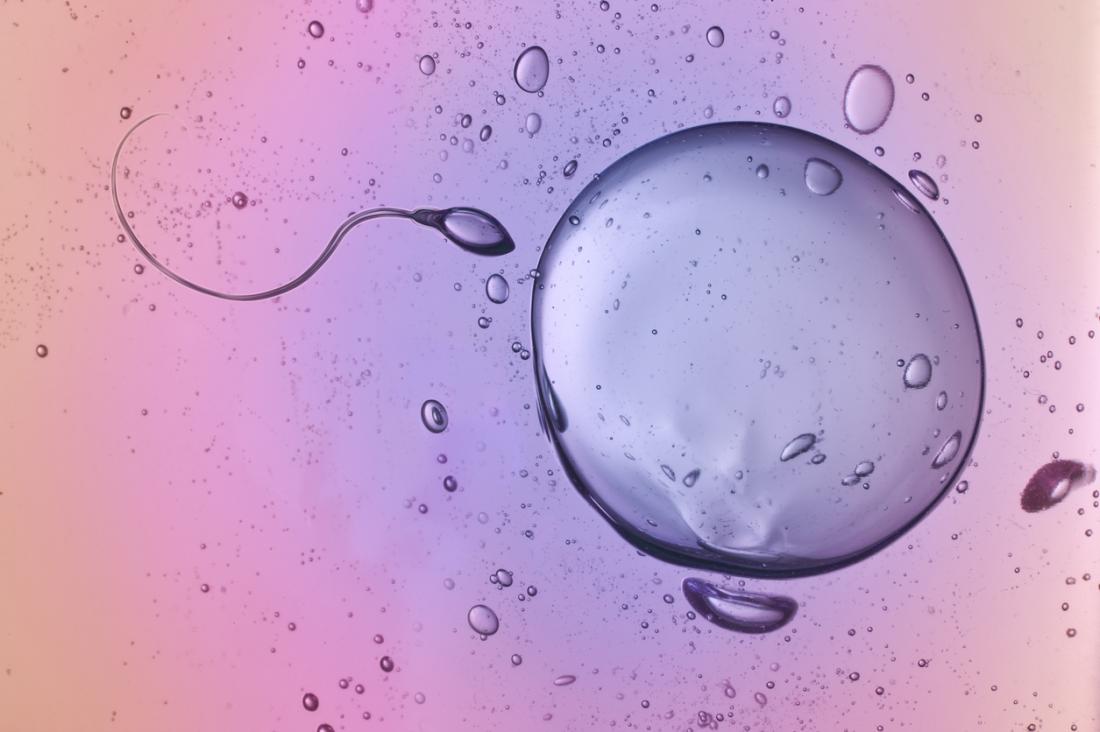Introduction:
If you are planning to start a family or are already expecting, it is crucial to be aware of the various prenatal tests available to ensure a healthy pregnancy and the well-being of your baby.
As an experienced doctor with 45 years of practice, I understand the importance of prenatal testing in providing comprehensive care to expectant mothers.
In this article, we will explore the significance of prenatal tests, including ultrasound, blood tests, and genetic screenings, and how they contribute to a successful pregnancy journey.
Ultrasound:
Visualizing the Miracle Within Ultrasound, often referred to as sonography, is a safe and non-invasive imaging technique that uses high-frequency sound waves to create real-time images of the developing fetus.
This test is commonly performed during different stages of pregnancy and provides valuable insights into the baby’s growth, development, and overall health.
Ultrasound examinations help determine the gestational age, identify multiple pregnancies, evaluate the placenta, check for any abnormalities, and monitor the baby’s position.
It also allows parents to witness the joyous experience of seeing their baby for the first time.
Blood Tests:
Unveiling Hidden Clues During pregnancy, blood tests play a crucial role in assessing both the mother’s and the baby’s health.
These tests analyze various markers and hormones in the blood, providing valuable information about potential risks or conditions that might affect the pregnancy.
Some common blood tests include:
Complete Blood Count (CBC):
This test measures red blood cells, white blood cells, and platelets, ensuring the mother’s blood is healthy and can transport oxygen effectively.
Blood Type and Rh Factor:
Determining the mother’s blood type is essential to prevent potential complications during pregnancy, especially if the mother has Rh-negative blood.
Screening for Infectious Diseases:
Blood tests can detect infections such as hepatitis B, HIV, syphilis, and rubella, helping doctors take necessary.
precautions and provide appropriate treatment if required.
Genetic Screenings:
Ensuring a Healthy Future Genetic screenings are tests conducted to identify the risk of certain genetic disorders in the baby.
These tests can help parents make informed decisions about their pregnancy and understand the potential risks associated with certain conditions.
Two common types of genetic screenings are:
- Carrier Screening: This test identifies whether the parents carry genes for certain genetic disorders such as cystic fibrosis, sickle cell anemia, or thalassemia.
- It helps assess the likelihood of passing these conditions to the baby and enables parents to make informed decisions about their reproductive options.
Non-Invasive Prenatal Testing (NIPT):
This advanced screening analyzes fetal DNA in the mother’s blood to identify genetic abnormalities like Down syndrome, Edwards syndrome, and Patau syndrome.
NIPT is usually recommended for women at higher risk or with abnormal ultrasound findings.
Importance and Conclusion:
Prenatal tests, including ultrasound, blood tests, and genetic screenings, are vital tools in ensuring a healthy pregnancy and giving the best possible care to both the mother and the developing baby.
These tests provide crucial information about the baby’s growth, development, potential risks, and genetic conditions, enabling doctors to offer appropriate interventions and support.
As an experienced doctor with 45 years of practice, I encourage all expectant parents to discuss these prenatal tests with their healthcare providers and understand their significance.
By staying informed and actively participating in prenatal care, you can take proactive steps towards a safe and healthy pregnancy journey.
Remember, the journey to parenthood is a remarkable experience, and with the support of modern medical advancements, we can enhance the well-being of both you and your precious little one.
![]()











